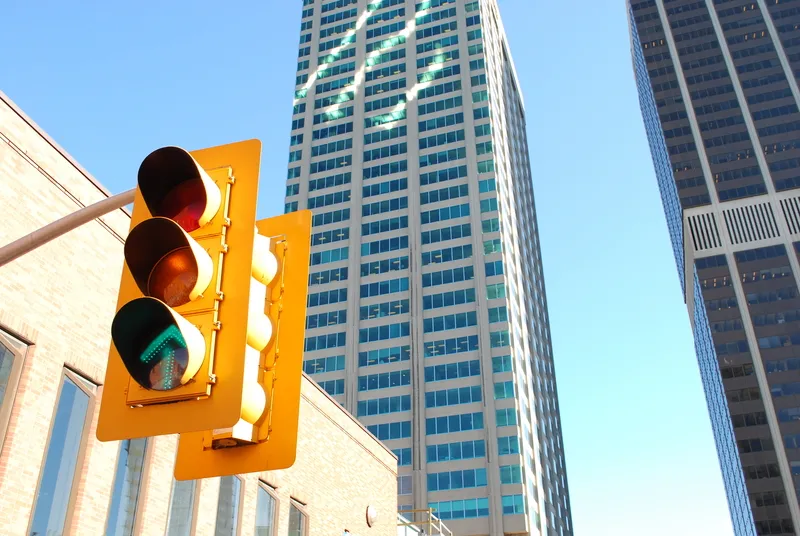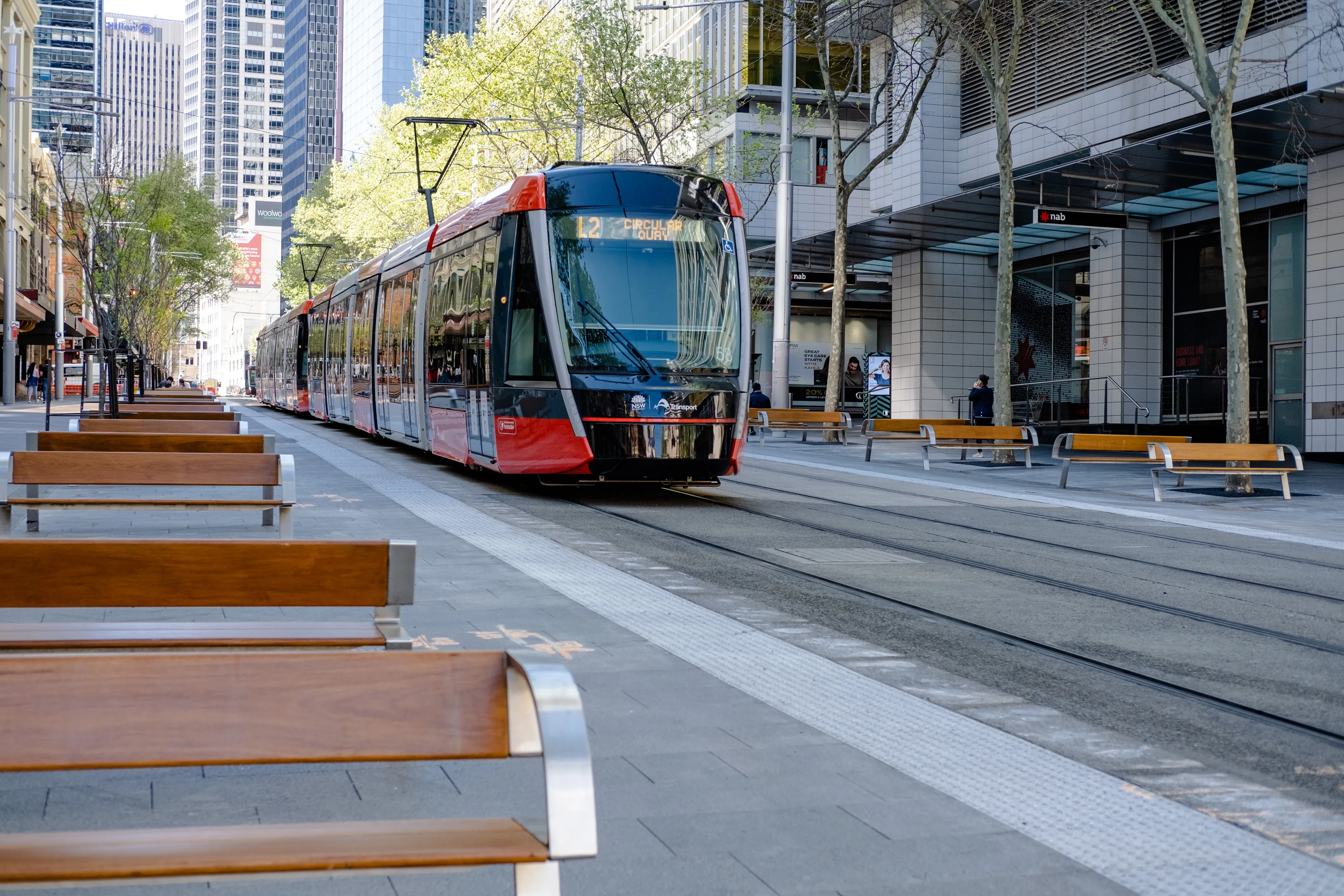
The four designs were manufactured by Siemens Mobility’s ITS business and were located on the junctions of London Road and Fairfield street Junction, Whitworth Street and Sackville Street and Princess Street and Whitworth Street.
Siemens deployed the LGBT+ designs as part of an agreement with Manchester Pride and
The Manchester Pride Festival celebrates LGBT+ life and is made up of The Big Weekend, The Manchester Pride Parade, an alcohol-free space called The Superbia Weekend and The Candlelit Vigil.









